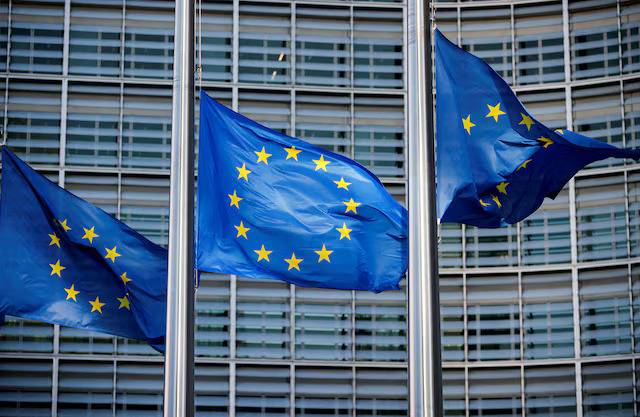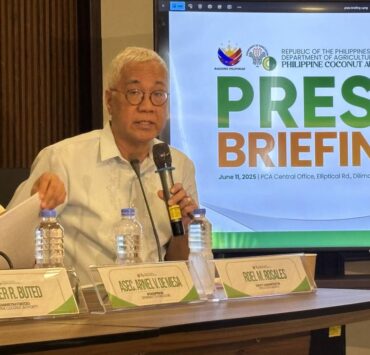PH removed from EU’s ‘high risk’ dirty money list

The European Commission (EC) has removed the Philippines from its list of jurisdictions with a “high risk” of money laundering and terrorism financing, marking further approval of the country’s measures against dirty money.
The EC said the updated list took into account the work of the Financial Action Task Force (FATF), the Paris-based multinational watchdog that removed the country from its “grey list” of jurisdictions under increased monitoring last February.
Apart from the Philippines, the EC also delisted Barbados, Gibraltar, Jamaica, Panama, Senegal, Uganda and the United Arab Emirates. But the bloc added Algeria, Angola, Côte d’Ivoire, Kenya, Laos, Lebanon, Monaco, Namibia, Nepal and Venezuela.
Explaining its decision, the EC said it incorporated all information collected through the FATF, bilateral dialogues and on‑site visits to the jurisdictions in question.
Still up for confirmation
Bangko Sentral ng Pilipinas (BSP) Governor Eli Remolona Jr., who also chairs the Anti-Money Laundering Council, said that while the latest action was “certainly good news,” the EU Parliament will still need to confirm the EC’s decision.
“As a founding member of FATF, the Commission is closely involved in monitoring the progress of the listed jurisdictions, helping them to fully implement their respective action plans agreed with FATF,” the EC said.
In one form or another, the Philippines has been on the FATF’s grey list of “jurisdictions under increased monitoring” or black list of “non-cooperative” nations since the task force’s first report in 2000. It was blacklisted in 2002 after Congress failed to amend Republic Act No. 1405, or the Philippine Bank Secrecy Law of 1955.
Amid stringent reportorial requirements and increased costs for remittances, the Philippines agreed over several years to improve measures against money laundering and terror financing and it was finally removed from the FATF black list in 2005.
The country stayed out of the grey or black list until the FATF listed 18 deficiencies in regulations against money laundering and terrorism financing.
The supposed involvement of the Philippine financial system in the 2016 cyberheist of $81 million from the Bangladesh central bank and the subsequent laundering of the criminal proceeds in casinos in the Philippines triggered the country’s return to the grey list.
Those deficiencies dragged the Philippines back to the grey list in June 2021 and pushed it to the brink of being “blacklisted” which would have resulted in failed cross-border transactions, delays and higher costs of remittances, which is a major lifeline for many Filipinos.

















